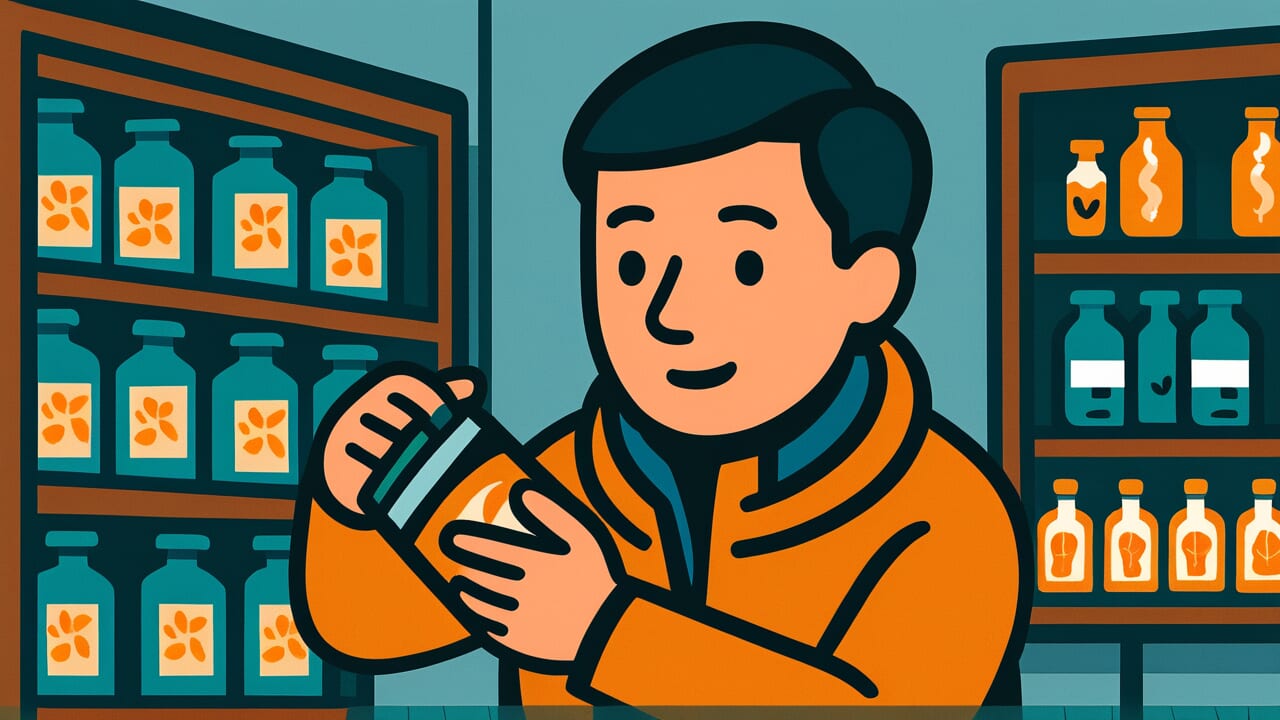How to Read “Even if you have to buy it, catch a cold at year-end”
せっきのかぜはかってもひけ
Meaning of “Even if you have to buy it, catch a cold at year-end”
This proverb teaches that during the busy year-end period, you should rest even if it means catching a cold. The phrase “even if you have to buy it” expresses a strong will to obtain something normally undesirable, even by paying money.
Year-end is the busiest time of the year. Everyone tends to work nonstop without rest. But precisely because it’s such a busy time, you need to take breaks intentionally.
If you’re so busy that you can’t rest without the excuse of a cold, it’s better to catch one. Through this paradoxical expression, the proverb warns against overworking.
Even today, many people think “I can’t take time off” or “things won’t work without me” during busy periods. They push themselves too hard. This proverb teaches the importance of resting before you break down.
Origin and Etymology
No clear written records explain the origin of this proverb. However, the words themselves reveal an interesting background.
“Sekki” originally meant the changing of seasons. But during the Edo period, it came to specifically mean the year-end and New Year period.
This was settlement time for merchant houses. They collected payments for goods sold on credit through “sekki-barai.” It was the busiest time of year. Servants worked from dawn to dusk. Both masters and workers had no time to rest.
The phrase “even if you have to buy it” is striking. Catching a cold is normally something to avoid. Yet the proverb uses “buy,” an active word. This likely expresses people’s desperate wish at the time.
If you caught a cold during this period, you had to rest no matter how busy things were. So on the surface, this proverb means “rest even if you catch a cold.”
But beneath that lies irony about work conditions where people couldn’t rest even when they wanted to. It’s a warning against sacrificing health to keep working.
Usage Examples
- It’s the busy year-end period, but as they say, “Even if you have to buy it, catch a cold at year-end.” I’ll take today off.
- The old saying goes “Even if you have to buy it, catch a cold at year-end.” Don’t push yourself too hard when you’re busy.
Universal Wisdom
This proverb has been passed down because it contains deep insight into human nature. People are creatures who think “I can’t rest now” when busy. They keep working beyond their limits.
Those with strong responsibility fall into this trap most easily. They think “others will suffer if I rest” or “I can rest after getting through this period.” They ignore warning signs from their bodies.
But the human body is honest. If you keep pushing too hard, you’ll eventually hit your limit.
The real wisdom in this proverb lies in understanding the psychology of “guilt about resting.” That’s why it mentions “catching a cold” – a reason no one can blame you for.
If you have a cold, it’s acceptable to rest. In fact, you should rest. Everyone around you will agree.
Our ancestors knew how hard it is for people to take care of themselves. That’s why they used paradoxical expressions to convey the importance of “courage to rest.”
Working hard is a virtue. But continuing to work at the expense of your health helps no one in the long run. Rest is also an important part of work. This life truth is embedded in this proverb.
When AI Hears This
Humans feel the pain of losing 100 yen more than twice as strongly as the joy of gaining it. Using this psychological trait, this proverb looks like a surprisingly rational investment strategy.
Catching a mild cold at the change of seasons is certainly a small loss. You might be bedridden for a few days and miss work.
But from a behavioral economics perspective, this is an advanced strategy of “taking the loss upfront.” By accepting a small pain now, you increase your chances of avoiding the big loss of serious illness in midwinter.
Humans extremely dislike immediate losses. Normally, no one wants to catch a cold. But this proverb uses that loss aversion bias in reverse, saying “choose the small loss on purpose.”
What’s more interesting is that this small loss actually converts into a gain. A mild cold activates your immune system. This builds resistance against more serious illnesses.
In behavioral economics, people often make irrational judgments when comparing a certain small loss with an uncertain large loss. But this proverb conveys through experience a choice that’s clearly beneficial in expected value based on probability.
Lessons for Today
What “Even if you have to buy it, catch a cold at year-end” teaches modern people is the importance of “having courage to rest.” Modern society is incomparably more convenient than the Edo period. But the busyness and “atmosphere where you can’t rest” remain unchanged.
In fact, modern people connected to work constantly through smartphones and email may be in an environment where it’s even harder to rest.
What matters is choosing rest yourself before you actually break down. Don’t rest after catching a cold. Rest to avoid catching one. That’s not laziness. It’s a wise choice for staying healthy and working long-term.
During busy periods especially, you tend to think “I can’t rest now.” But actually, that’s precisely when you should rest. By taking one day to recover, you can work at higher performance for the following days.
Your body is more honest than you think. When you feel signs of fatigue, that’s an important message from your body. Have the courage to listen to that message and take care of yourself.
This benefits not only you but also the people who need you.



Comments